Have you ever had one of those moments where you’re drinking one of your favorite beverages (as usual), only to stop mid-gulp and go, “Wait a minute. Is this actually vegan?” Yep, thought so. And they always happen after you’ve gone down a rabbit hole, reading about all the non-vegan ingredients that hide in foods and drinks.
I had one of those moments as I was enjoying a glass of red wine with my dinner after a long day, which triggered another frantic research spree, leading me to the realization that–surprise, surprise–not all types of alcohol are vegan!
If you’re like me and want to avoid any type of non-vegan drinks, or simply just want to know what the deal is with alcohol and veganism, read on for a guide on drinking alcohol as a vegan.
First things first: Is all alcohol vegan?
No, alcohol isn’t always vegan. But, wait. Isn’t alcohol technically just fermented fruits, vegetables, or grains? Then what makes alcoholic beverages non-vegan?
While it’s true that the base ingredients of all types of alcohol are plant-based, during the production process, animal-derived ingredients are often added, making the final product not vegan-friendly.
These animal derivatives are added to wines, beers, and other alcoholic beverages as “fining agents” to filter them by removing yeast, protein, and other cloudy impurities. Some are added during the fermentation process to prevent the alcohol from spoiling, while others are used to enhance flavor, especially in cocktails and craft beers. In short, animal by-products give alcoholic beverages more clarity as well as a different flavor and aroma.
Common non-vegan ingredients you can find in alcohol
Here’s the what and the why behind the most common animal-derived ingredients that are added to alcoholic beverages.
- Milk and cream: These dairy products are added primarily to liqueurs such as whisky, vodka, and brandy to give them a creamy, rich consistency. The final products are known as cream liqueurs. Milk (or lactose, which is milk sugar) and cream are also added to some beers and cocktails, such as Milk Stouts and White Russians.
- Whey, casein, and lactose: Whey and casein are types of proteins found in cow’s milk, while lactose is a sugar found in the milk. Lactose is often added to beers, specifically stouts and sours, to add notes of sweetness to the drink. Whey is added to spirits for hints of creaminess and sweetness. Casein, however, is used as a fining agent, primarily to decolorize wins.
- Eggs and egg white protein (albumin): Albumin, used as a fining agent in wines, makes the beverage softer by removing the compounds that cause astringency (that rough sandpaper-like feeling in your mouth). Egg whites are commonly used in cocktails to create a silky, smooth texture. They’re also added to cocktails that have a rough, acidic bite to them to tone down the intense flavors.
- Honey: This natural sweetener is added to sweeten up (duh) bitter cocktails. Want to add more viscosity to your drinks? Honey comes to the rescue, again. Honey is also the primary ingredient of mead, one of the most ancient alcoholic drinks known to man.
- Isinglass: Derived from the bladders of fish, this non-vegan ingredient is used as a clarifying agent in beers and wines to make the drinks clearer and soften any harsh tastes.
- Gelatin: Like isinglass, gelatin is another popular fining agent, except this one is derived from the bones, cartilage, and skin of animals.
- Chitin: This fining agent is made from the shells of insects and crustaceans.
- Cochineal and carmine: This red dye is made from the crushed bodies of female cochineal insects and is added to alcoholic beverages to give them a vibrant red color. You’ll find these in maraschino cherries, cappelletti liquors, and some types of Camparis.
- Castoreum: Although rare, this flavoring is derived from the anal glands of beavers (yep, you read that right). You’ll find this musk in Bäverhojt, a traditional Swedish hunter’s schnapps, and Eau de Musc, a whiskey made in the Tamworth Distillery of New Hampshire.
Whew, that’s a lot. Does this mean I should give up alcohol as a vegan?
Not at all. Vegans can (and do) drink alcohol of all kinds–even those filtered using non-vegan ingredients. Typically, filtering agents like casein and gelatin are completely removed (along with all the impurities) after their job is done. This means the final product doesn’t contain these fining agents.
So, if you’re okay with drinking wine or beer that uses animal-derived ingredients as part of the process without including it in the final beverage, go ahead. We won’t judge you. At Exploring Vegan, we are firm believers in doing veganism your own way. Whether that means staying away from any type of animal by-products or abstaining only from meat and dairy, that’s up to you.
Here’s a guide on the types (and brands) of vegan and non-vegan alcoholic drinks so that you can make informed choices.
What types of alcohol are not vegan?
If you’re in the “no alcohol processed with animal-derived ingredients for me, thanks” team, you’ll want to avoid these types and brands of alcohol.
Non-vegan beers
Classically, the following types of beers are not vegan, although vegan alternatives do exist.
- Meads: This ancient drink is made by fermenting honey, so it’s a no-go.
- Milk stouts: Also known as cream or sweet stouts, these contain lactose (and sometimes honey) to give it a bit of sweetness.
- Honey beers: These specialty beers add honey to smooth out the drinks and balance the bitter flavors with some sweetness.
- Cask ales: These typically use isinglass as a fining agent.
- Sour ales and fruited sours: Some breweries use yogurt instead of yeast to sour the beers since the former is cheaper. Fruited sours often contain lactose to balance out the tartness.
- “Smoothie” beers: These contain lactose, which gives the creamy mouthfeel reminiscent of smoothies.
Non-vegan wines
These popular wine brands are not vegan:
- Barefoot
- The Collection Red Wine Blend by Target Brands, Inc.
- Josh Cellars
- Black Box
- Beringer red wines
- Franzia
- Kendall
- Kim Crawford
- J. Lohr
- Carlo Rossi
- Bota Box
- Twin Valley
Non-vegan spirits and cocktails
- Flavored spirits: These often contain honey, milk, eggs, and sometimes, even carmine.
- Pina coladas: Contains cream.
- Foamy cocktails: The foam is often made using egg whites.
- Honey-flavored cocktails and spirits: These contain honey as a flavor enhancer and a sweetener. Examples: Bee’s Knees, Gold Rush, Eau de Lavender, and Penicillin.
- Coffee cocktails: White Russians, Espresso Martinis, Irish Coffees, and other coffee cocktails contain milk and cream.
- Baileys: This whisky is made with cream.
- Eggnog: Contains eggs, milk, and cream.
- Bloody Marys: Worcestershire sauce, which is made with anchovies, is often mixed into this drink.
- Dessert cocktails: These often contain gelatos and jello shots. Examples: Grasshopper, Affogato Martini, Mudslide, Brandy Alexander.
Now for some vegan alcoholic booze.
What types of alcohol are vegan?
More and more alcoholic brands are moving away from animal-derived fining agents and using plant-based alternatives such as Irish moss, bentonite clay, plant casein, activated charcoal, or pea protein. If you’re looking for a nightcap, these alcoholic beverages are vegan-friendly and safe for you to enjoy!
Vegan beers
Many craft beers are vegan, as are most beers from top commercial beer brands. Some brands make both vegan and non-vegan beers.
Below are some top vegan beer brands. Note that some beers produced by these brands may not be vegan.
- Budweiser (except for the Clamato Chelada)
- Pabst Blue Ribbon
- Red Stripe (only the ones brewed in Europe)
- Modelo (except for the Corona Sunbrew)
- Coors
- Carlsberg
- Guinness
- Samuel Adams
- Stella Artois (except for the apple cider)
As a general rule of thumb, traditional beers brewed in Germany and Belgium are usually vegan because of strict laws that limit the ingredients that breweries can use to malt, barley, water, yeast, and hops.
Vegan wines
While some brands offer vegan and non-vegan wines, here’s a list of brands that almost exclusively make vegan wines:
- Sutter Home
- Stella Rosa (except the red apple variety)
- La Crema
- Frey Vineyards
- The Vegan Wine
- Red Truck Wines
- Charles Shaw red wines
- JUSTIN
- Bellissima Prosecco
Vegan spirits and cocktails
Nearly all unflavored, clear spirits and liqueurs such as vodka, rum, whiskey, bourbon, tequila, brandy, and gin are vegan. One exception is Mezcal, a type of alcohol similar to tequila. Though it’s made from the agave plant, it typically contains a moth larva to enhance the taste.
As for cocktails, here are some common vegan ones you can order at a bar:
- Mai Tai
- Mojito
- Margarita
- Mimosa
- Pimms Royal
- Lemon Drop
- French 75
- Screwdriver
- Highball
- Cosmopolitan
You can also make vegan versions of pretty much every type of cocktail at home!
How to know if an alcoholic beverage is vegan?
Say you’re at a bar or standing in front of the wine shelf at your grocery store. You have an idea of what you’d like to buy, but you first want to check if it’s vegan. What do you do? Here are some tips.
- Read the label: Check for a vegan logo, look out for non-vegan ingredients listed under the allergens list, and see if the label has a carmine statement (typically “contains carmine” or “contains cochineal extract”). Some alcoholic drinks may contain the words “unfined and unfiltered.” You can also go through the list of ingredients if one is available. For more details on how to read labels as a vegan, here’s a complete guide.
- Check the Barnivore database: Barnivore is a vegan alcohol directory that contains details about whether beers, wines, liquors, and ciders are plant-based. It’s pretty extensive, with each entry being double– or triple-checked.
- Keep the BevVeg app handy: Run by BeVeg, an organization that certifies foods, drinks, and other products as vegan, this app lets you know if your booze was filtered using animal parts.
- Contact the manufacturer: Can’t find info about whether your favorite local wine or beer is vegan? Check the manufacturer’s website or contact them directly, and they’ll be happy to let you know!
As you can see, there are plenty of 100% plant-based alcoholic options for those of us who are particular about them. When did you find out that alcohol could be non-vegan? Were you as surprised as I was? And what’s your favorite vegan alcohol brand? Let me know in the comments below!

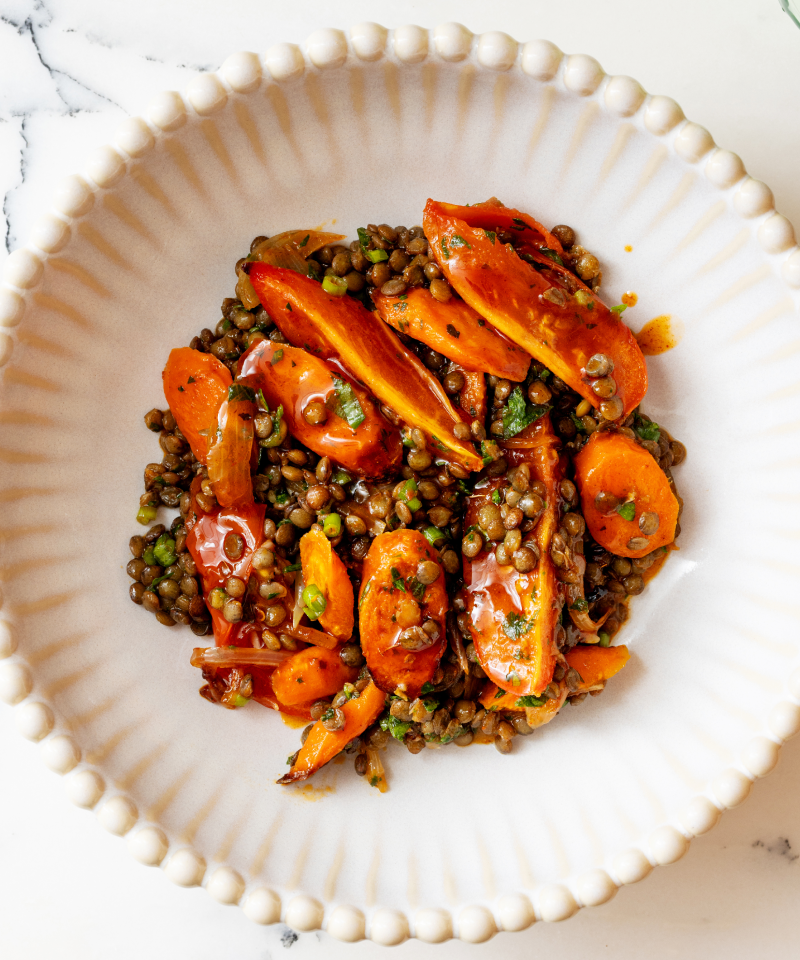
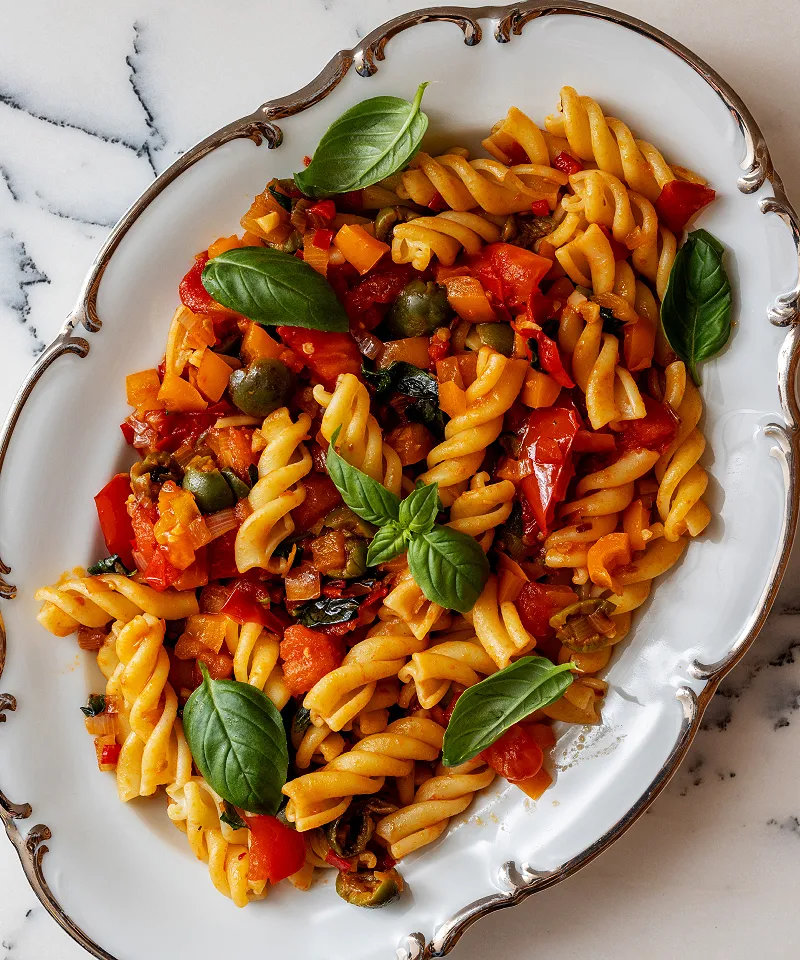
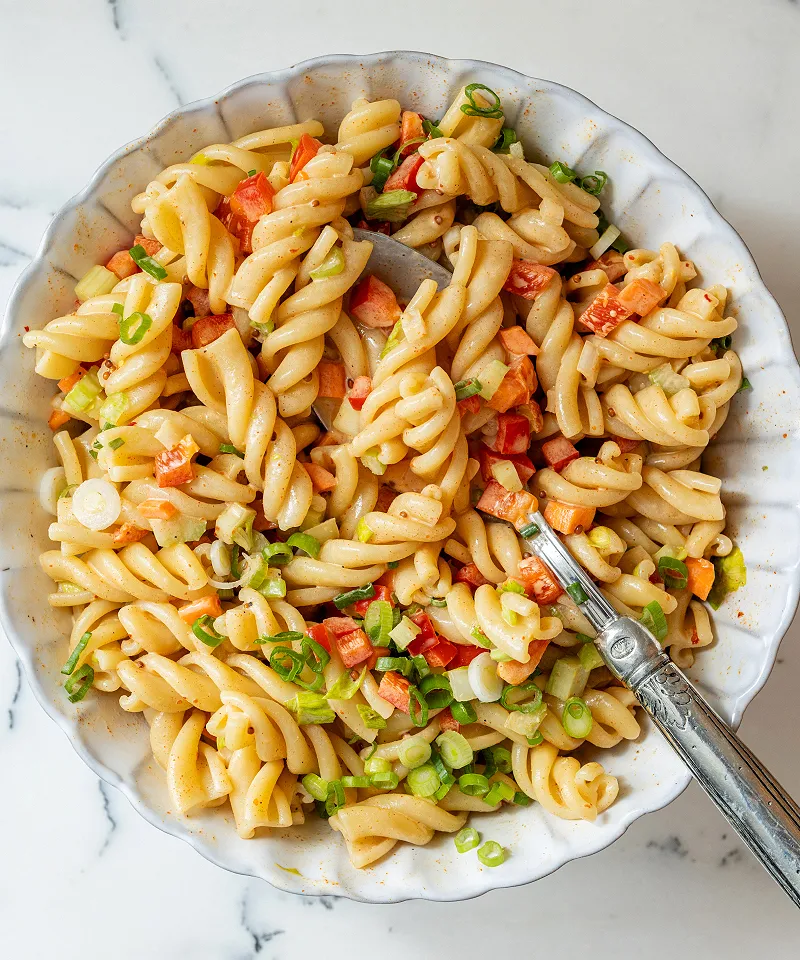
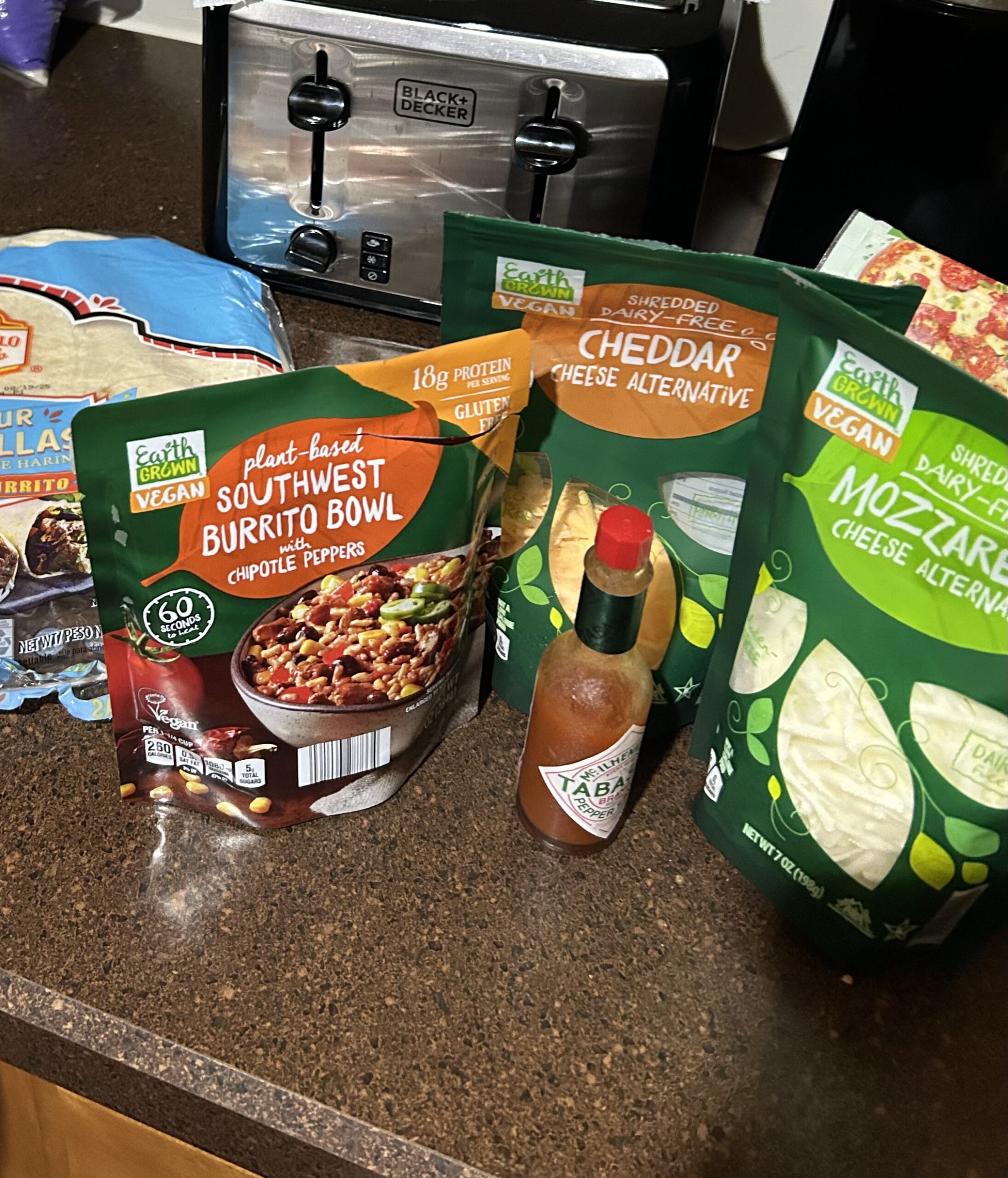
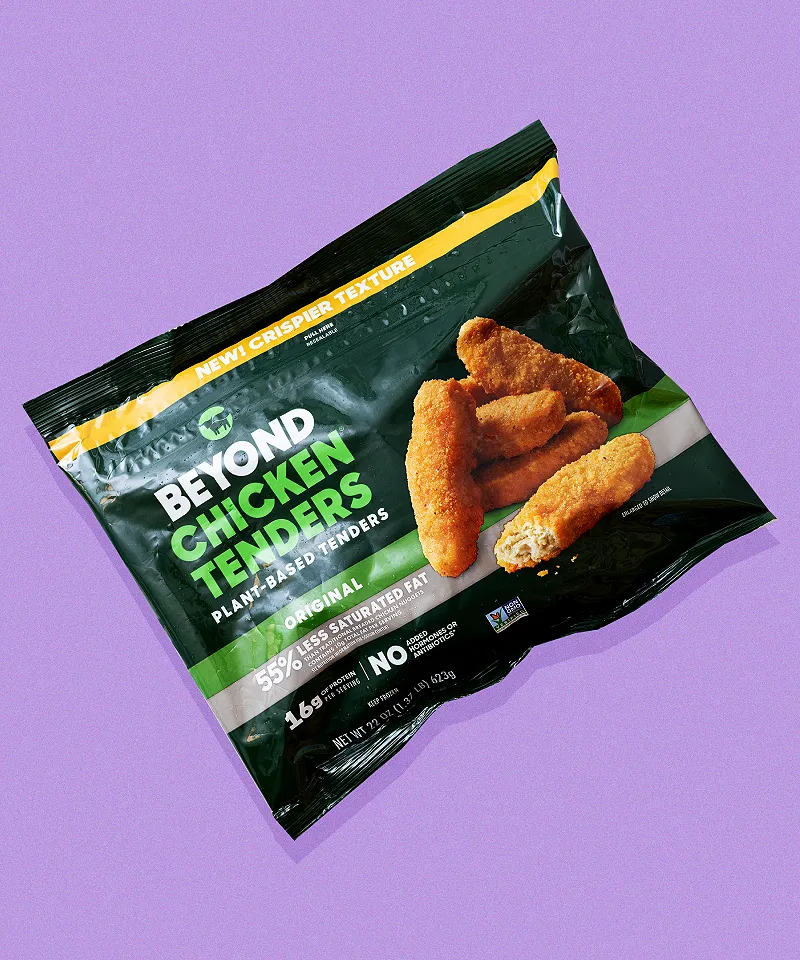
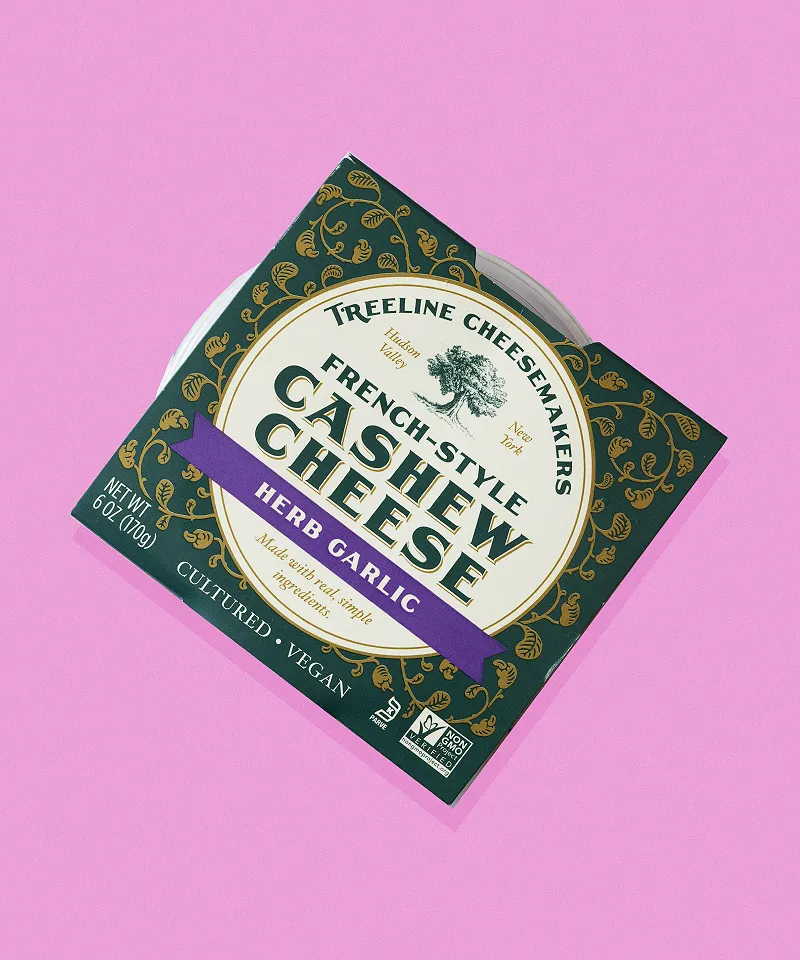
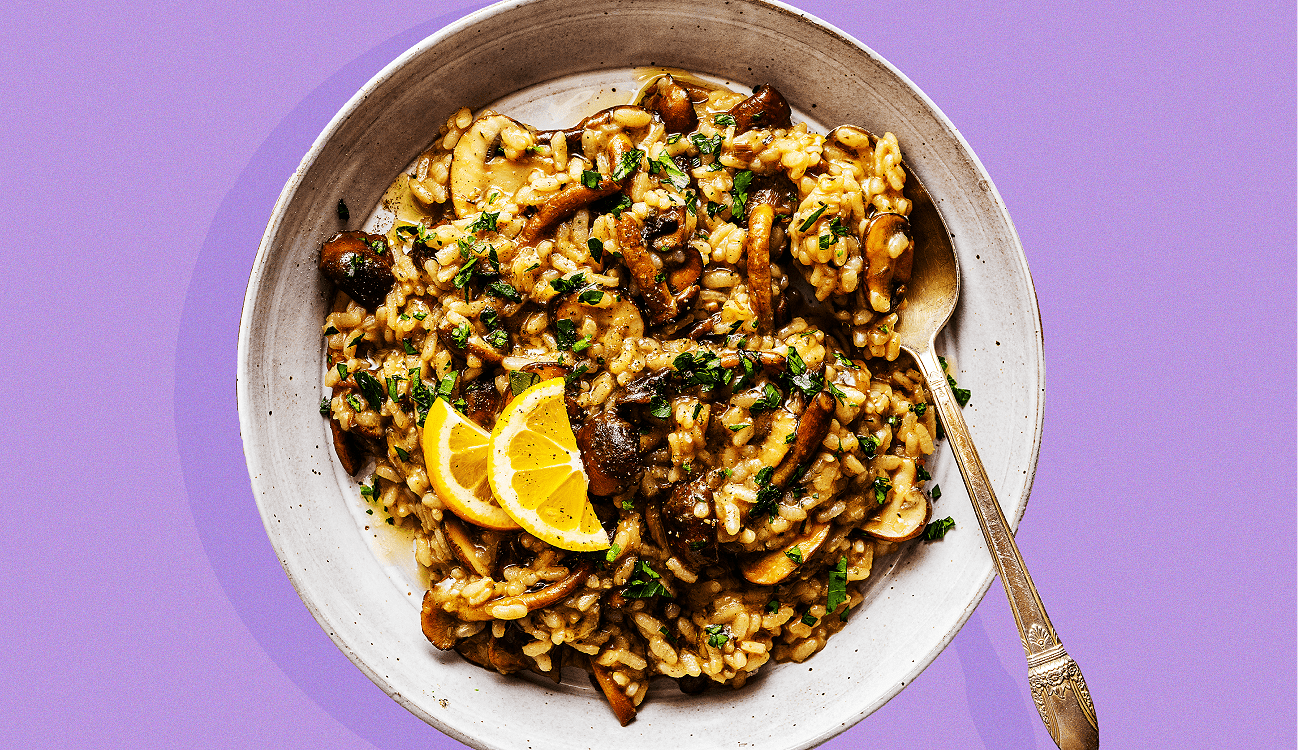
Wow this is great!! Thanks for making such a comprehensive list.